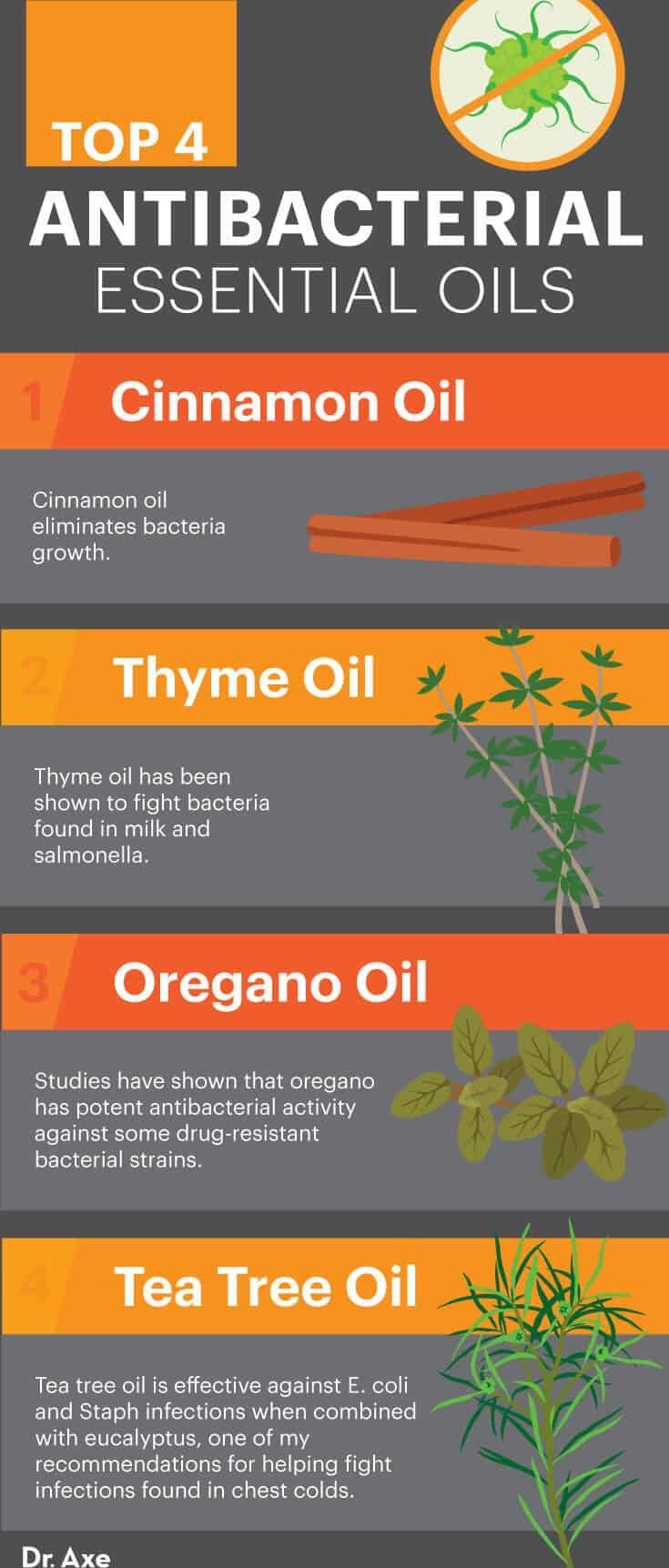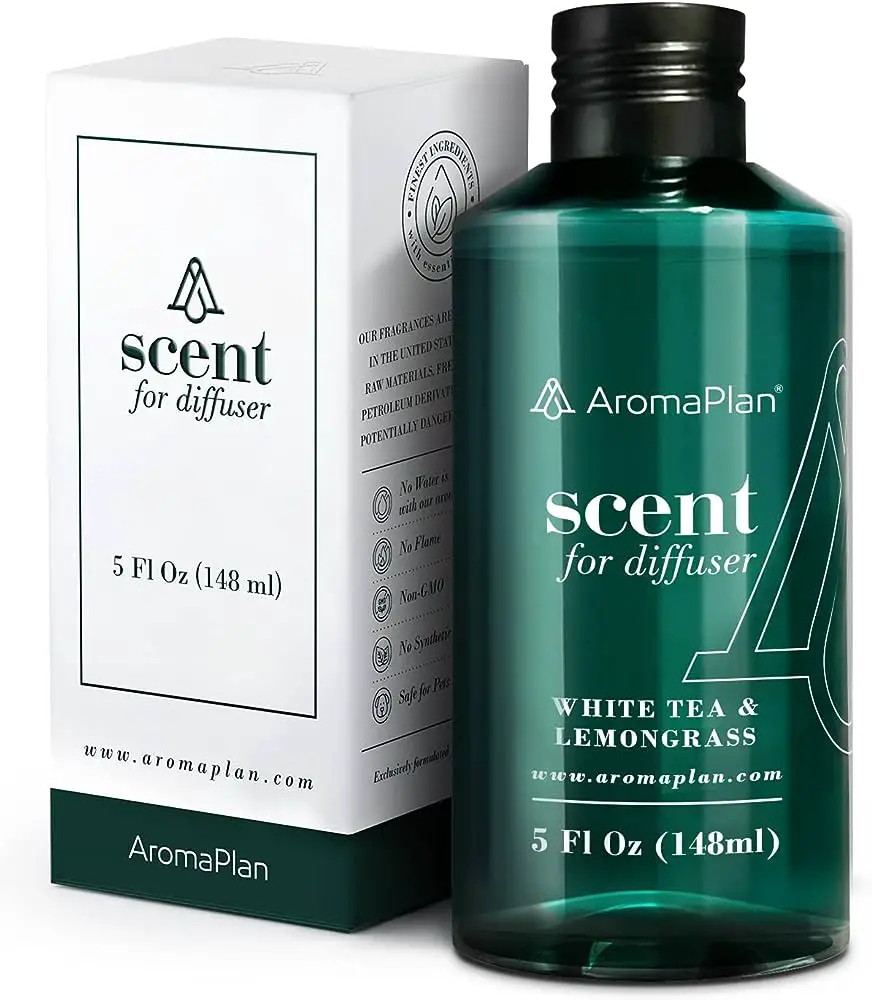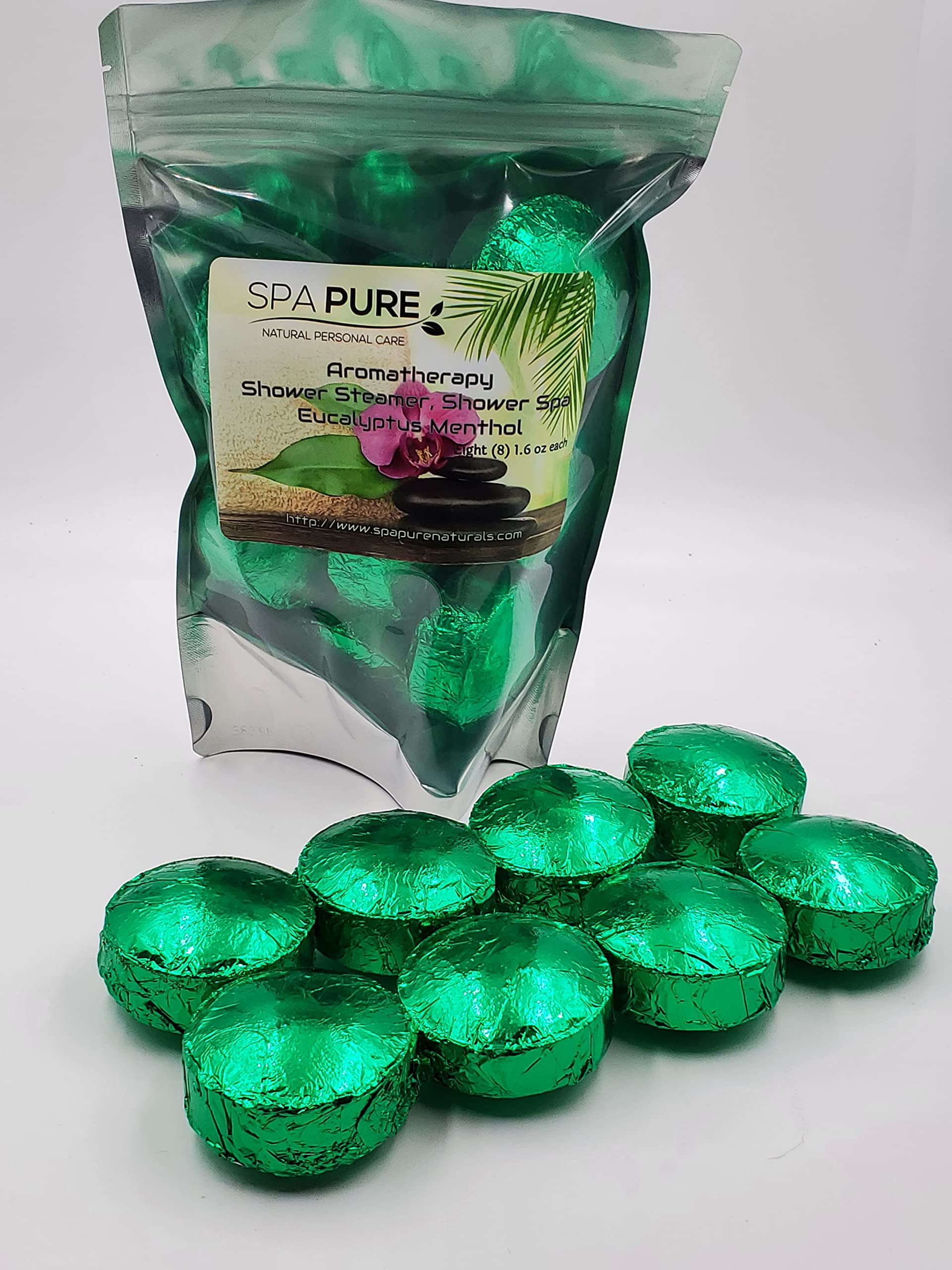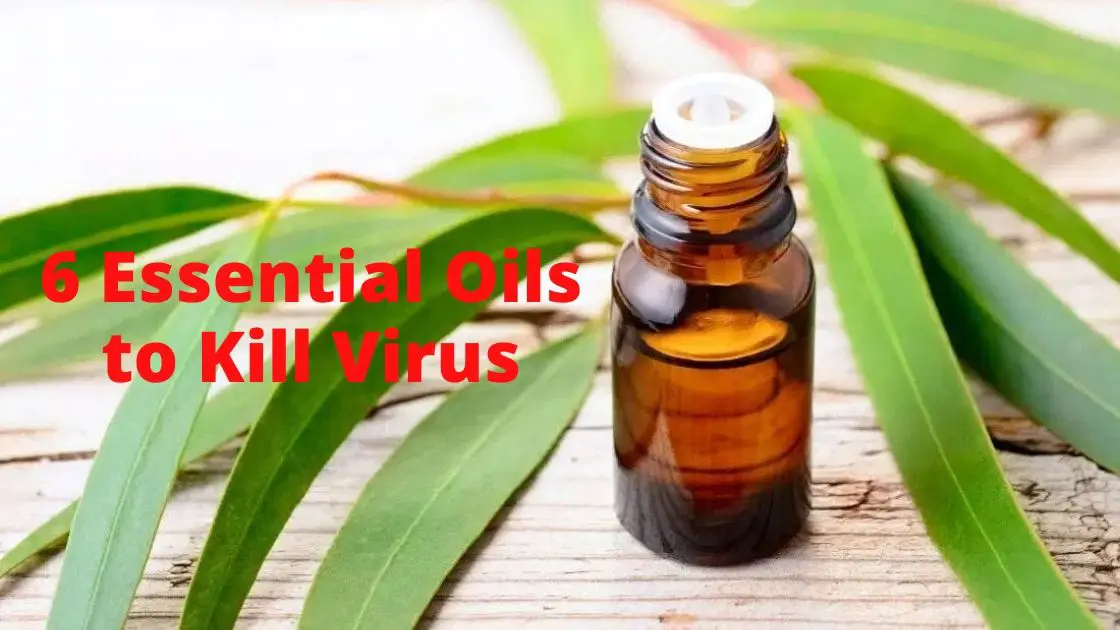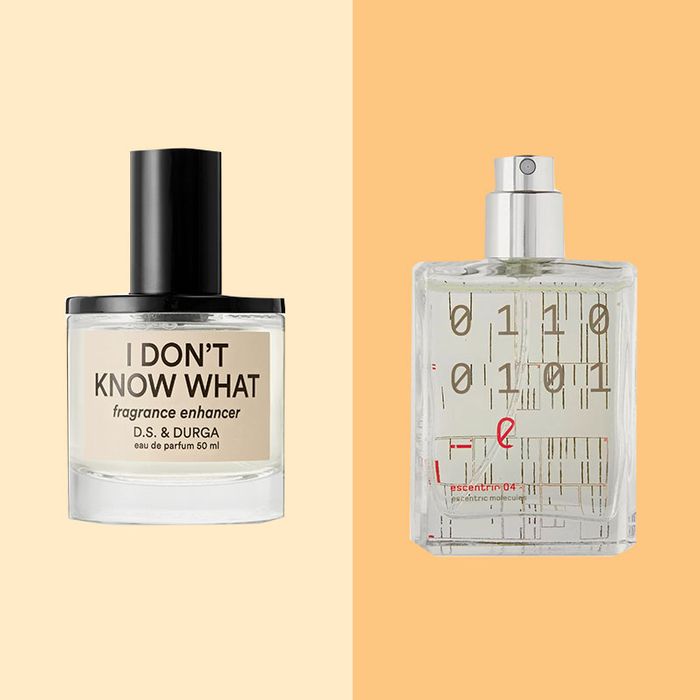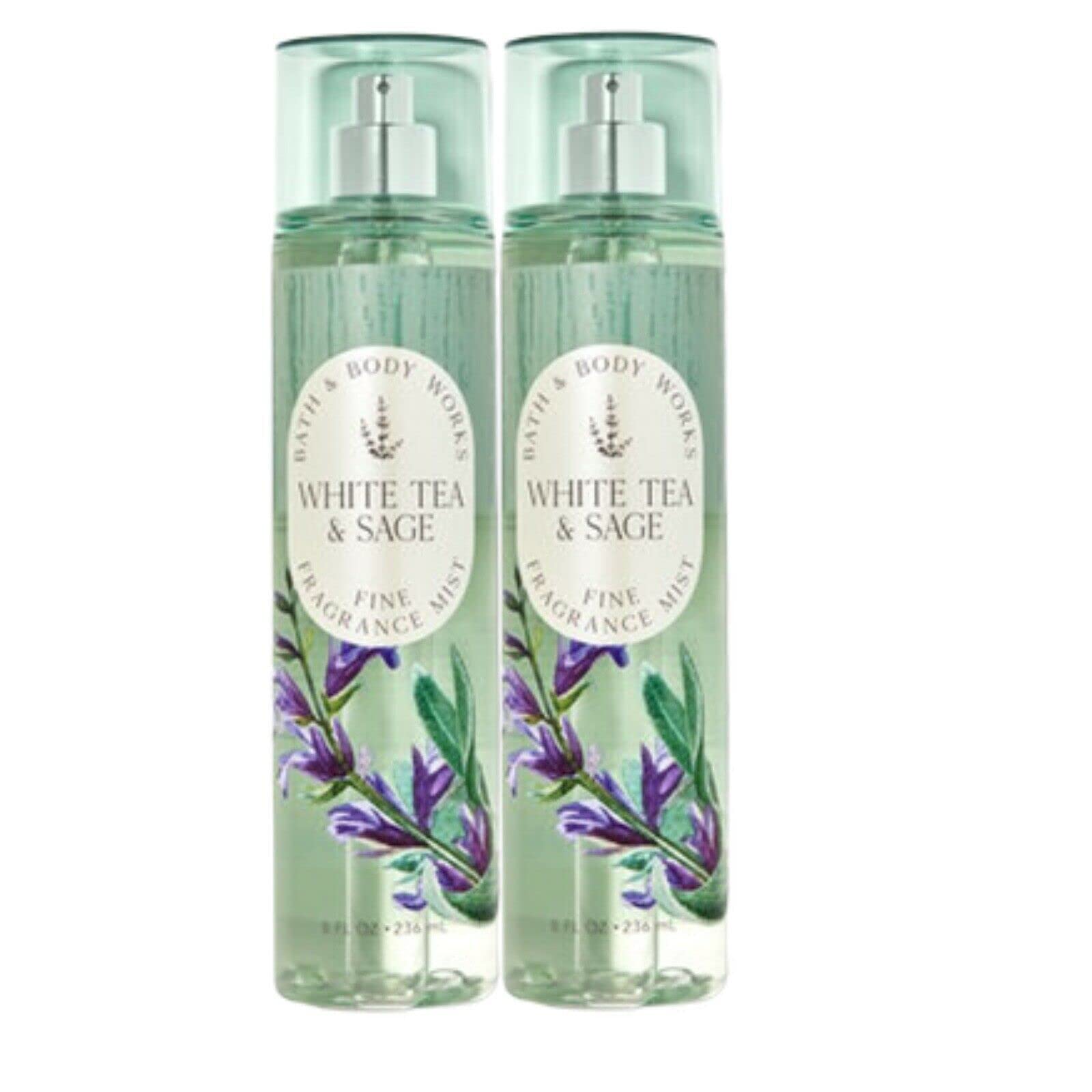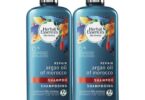Essential oils that have antibacterial properties include tea tree, lavender, rosemary, and eucalyptus. These oils have been found to effectively fight against various bacteria and can be used for cleaning and disinfecting purposes, as well as in aromatherapy and skincare products.
When used properly, these natural alternatives can provide a safer and more eco-friendly option compared to traditional antibacterial agents. Harnessing the power of these essential oils can offer a holistic approach to promoting health and well-being.
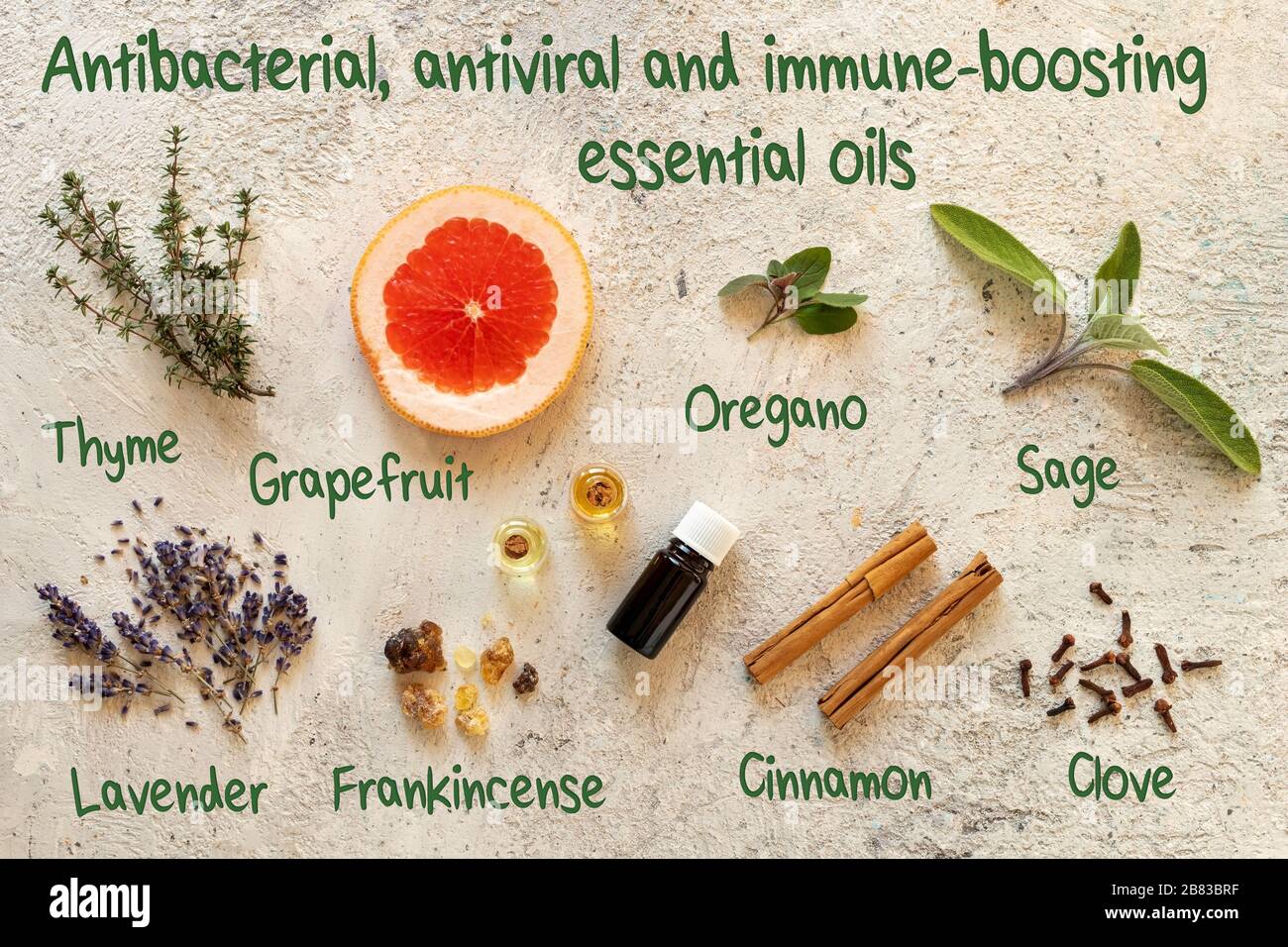
Credit: www.alamy.com
Understanding The Antibacterial Properties Of Essential Oils
Essential oils possess natural antibacterial properties, making them effective in inhibiting the growth of bacteria. These oils act against bacteria through various mechanisms, such as disrupting the cell membrane, inhibiting enzyme activity, and interfering with bacterial replication. Numerous research studies have supported the antibacterial efficacy of essential oils, demonstrating their potential as alternative treatments for bacterial infections.
These oils have been found to be particularly effective against common bacteria, including Staphylococcus aureus and Escherichia coli. Furthermore, essential oils show promise in combatting antibiotic-resistant strains of bacteria, providing a potential solution to the growing problem of antibiotic resistance.
By understanding and exploring the natural antibacterial properties of essential oils, we can harness their potential as valuable additions to our antibacterial arsenal.
Top Antibacterial Essential Oils
Lavender oil is a versatile antibacterial powerhouse, known for its wide range of uses. Tea tree oil, a potent natural antiseptic, has strong antibacterial properties. Eucalyptus oil is a powerful germ-fighter, making it an effective option against bacteria. Lemon oil, with its refreshing citrus scent, also possesses antibacterial qualities.
Peppermint oil not only offers a cooling sensation but also contains antibacterial properties. Oregano oil, highly potent and effective, is often used for its antibacterial benefits. Thyme oil, a robust natural antibacterial agent, is commonly utilized for its antimicrobial properties.
These essential oils provide natural alternatives to chemical-laden antibacterial products, offering an organic and effective approach to maintaining cleanliness and hygiene. Incorporating these oils into your daily routine can support your overall well-being without harmful side effects. So, explore the world of essential oils and harness their antibacterial powers for a healthier lifestyle.
Effective Uses Of Antibacterial Essential Oils
Essential oils possess antibacterial properties that make them highly effective for various purposes. For instance, they can be used for skincare routines to combat bacteria and promote healthier skin. Additionally, these oils serve as excellent natural alternatives for cleaning and disinfecting surfaces.
By incorporating them into homemade antibacterial products, one can ensure a safe and healthy environment. Another method of utilizing these oils is through inhalation therapy, which can help treat respiratory infections caused by bacteria. Moreover, combining different essential oils can enhance their antibacterial effects, making them even more powerful against harmful microorganisms.
With their multipurpose uses, essential oils provide a natural and efficient way to combat bacteria and maintain a clean and healthy lifestyle.
Tips For Safely Using Antibacterial Essential Oils
Essential oils possess powerful antibacterial properties, making them a popular choice for natural remedies. To safely use these oils, it’s important to follow certain guidelines. Firstly, conduct a patch test and consider any sensitivities to avoid adverse reactions. Dilution is crucial; ensure proper ratios to prevent skin irritation.
Storing essential oils in dark glass bottles, away from direct sunlight, helps maintain their potency. Additionally, handle oils with care, as some may be toxic if ingested or applied improperly. Disposing of leftover oils should be done responsibly, as they can be harmful to the environment.
Lastly, consult with a healthcare professional to determine the best essential oil for your needs, as they can provide personalized advice. By following these tips, you can safely enjoy the antibacterial benefits of essential oils.
Summary And Final Thoughts
Harness the power of essential oils for their antibacterial properties, creating a healthier environment. These essential oils are versatile and highly effective, providing a natural alternative to harsh chemical cleansers. Incorporating them into your daily routine ensures a safer and more pleasant living space.
With their antibacterial properties, essential oils can help combat various bacteria and microbes effectively. They offer a wide range of benefits, including fighting odors, purifying the air, and promoting overall wellness. From tea tree oil to lavender, each essential oil brings unique properties that target specific bacteria.
Safely using essential oils involves diluting them correctly, following usage guidelines, and being mindful of any potential allergies or sensitivities. By harnessing the power of antibacterial essential oils, you can enjoy a clean, fresh, and healthier environment without relying on harsh chemicals.
Frequently Asked Questions
What Essential Oil Is The Strongest Antibacterial?
Tea tree oil is the strongest antibacterial essential oil.
What Essential Oils Are Good For Killing Bacteria?
Tea tree, lavender, eucalyptus, and oregano essential oils have bacteria-killing properties.
What Essential Oils Are Good For Infection And Inflammation?
Some essential oils that are good for infection and inflammation include tea tree, lavender, and eucalyptus.
What Essential Oils Are Good For Infected Wounds?
Tea tree, lavender, and eucalyptus essential oils are effective for infected wounds.
Conclusion
Essential oils have been found to possess antibacterial properties, making them a natural and effective alternative to commercial antibacterial products. These oils, such as tea tree oil, lavender oil, and eucalyptus oil, have been shown to inhibit the growth of various bacteria, including those responsible for common infections.
Their ability to penetrate the cell membrane of bacteria and disrupt their vital functions makes them an appealing option for those seeking a holistic approach to maintaining good health. Furthermore, the diverse range of essential oils available allows individuals to select the most suitable oil for their specific needs.
Whether used in aromatherapy, applied topically, or diluted for cleaning purposes, essential oils offer a safe and versatile solution. However, it is important to note that essential oils should be used with caution and under proper guidance to ensure optimal benefits and prevent any adverse reactions.
By incorporating essential oils into our daily routines, we can harness their antibacterial properties and promote overall well-being naturally.

